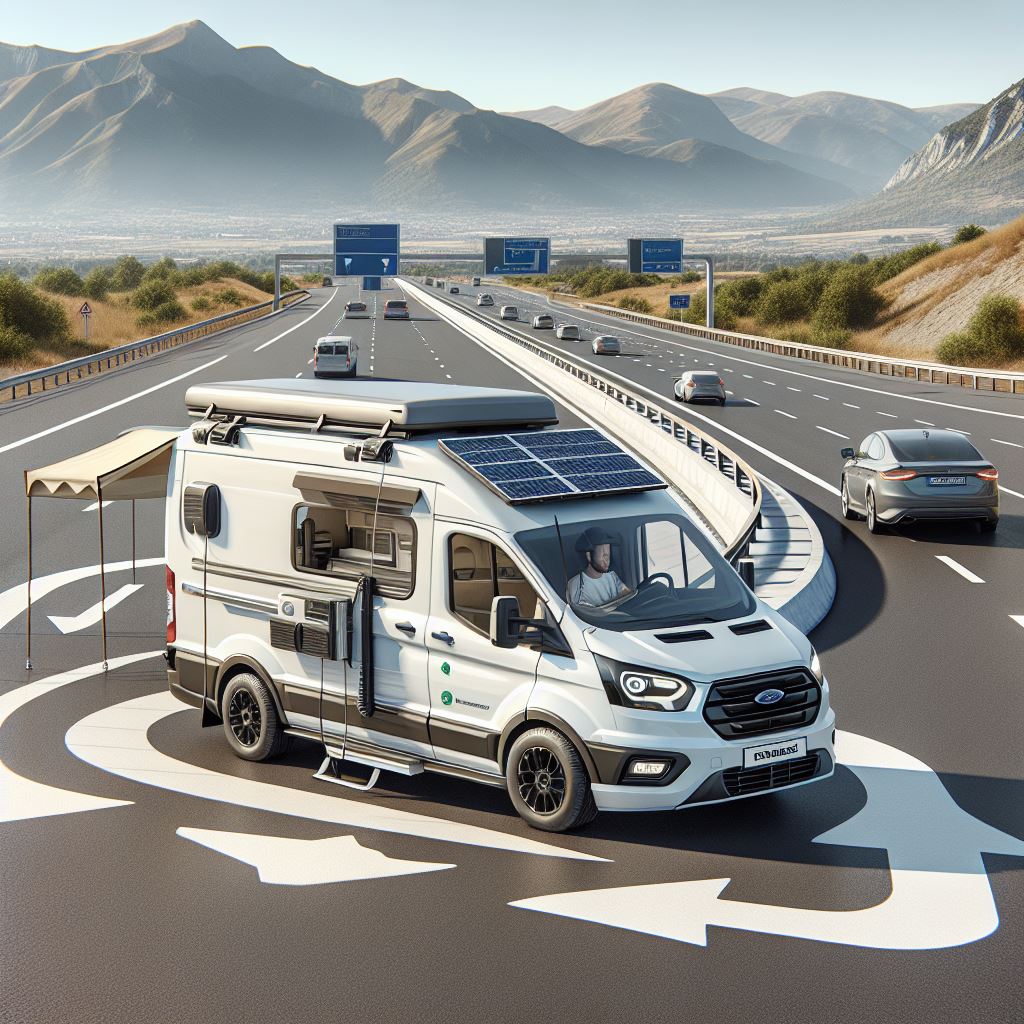Government U-turn on EV sales amid consultation on EV charging costs

In an apparent U-turn, the UK government is set to add flexibility to its phase-out quotas of petrol and diesel vehicles (ICE’s) by 2030. As part of this they will launch a public consultation on the quotas, EV charging and infrastructure within the coming weeks, Prime Minister Kier Starmer told Reuters on Tuesday.
Amid accusations the government is watering-down UK legislation on EV targets, they suggest there will be more flexibility in the legislation to allow car manufacturers to wriggle out of the strict quotas. As part of this they have also announced a public consultation on EV charging.
The consultation is unlikely to propose changes to the ICE phase-out mandate’s percentages and ways car manufacturers can avoid some of the big fines. These can include £15,000 fine for every ICE vehicle they build outside of the government quotas.
Currently, this quota requires that 22% of all new sales must be zero-emissions (mostly EVs) cranking up a 100% ban by 2035. Only recently as a week ago, the Department of Transport re-iterated to CampervanCo their intention to re-instate the 100% ban back to 2030, after the previous government moved it back to 2035.
At a speech to the annual dinner of the Society of Motor Manufacturers and Traders (SMMT) in London, Business Secretary Jonathan Reynolds announced the government’s relaxing of the quotas, while re-instating their commitment to the full ban by 2030.
In it, he discussed flexibility to rules that by allowing sales credits to be transferred between cars and vans, giving credit for British-made EVs sold abroad manufacturers could have more wriggle room. While there a was talk of new incentives to encourage private buyers to choose EVs, they were short on details.
The government has been under strong lobbying from big car manufacturers who complain not enough is being done to encourage people to switch or avoid petrol or diesel cars and vans.
Nissan, which builds EVs in its Sunderland factory, complained “the mandate is undermining the business case for manufacturing cars in the UK, and the viability of thousands of jobs and billions of pounds in investment”.
This all happened on the same day Vauxhall announced it will close its Luton plant where Vivaro vans are made and only last week, Ford announced it will cut 800 jobs in the UK over the next three years, referring to weaker demand for EVs as a contributor.
“The one thing that we really need is government-backed incentives to urgently boost the uptake of electric vehicles, because without demand the mandate just doesn’t work,” Lisa Brankin, Ford UK’s chair and managing director, told BBC Radio 4’s Today programme.
This chimes with the government’s letter to CampervanCo last week that reinstated their commitment to the target of ending sales of new petrol and diesel cars by 2030 while at the same time not changing the mandate rules handed down to them by the previous government.
The Prime Minister’s official spokesman said: “We do recognise the global challenges the industry are facing, which is why ministers have been getting around the table with key industry figures to discuss how we can ensure the transition delivers for them and the future of UK auto manufacturing.
“We’ll bring forward a consultation on our proposals in this space in due course and how we implement the 2030 transition deadline and ensure that voices and insights from the industry are heard every step of the way.”
It’s not all doom and gloom however. The SMMT’s own figures show registrations of fully electric new cars across the UK rose by 14.2% during the first 10 months of the year compared with the same period in 2023, with a growth in market share from 16.3% to 18.1%.
But is this enough to save the planet and jobs in the UK EV market? We don’t think so. In other countries such as Norway, similar initiatives have achieved over 90% EV sales over the last year, proving it is possible, with the right legislation and incentives. It is clear much more needs to be done to encourage people to buy EV’s or Hybrids.
